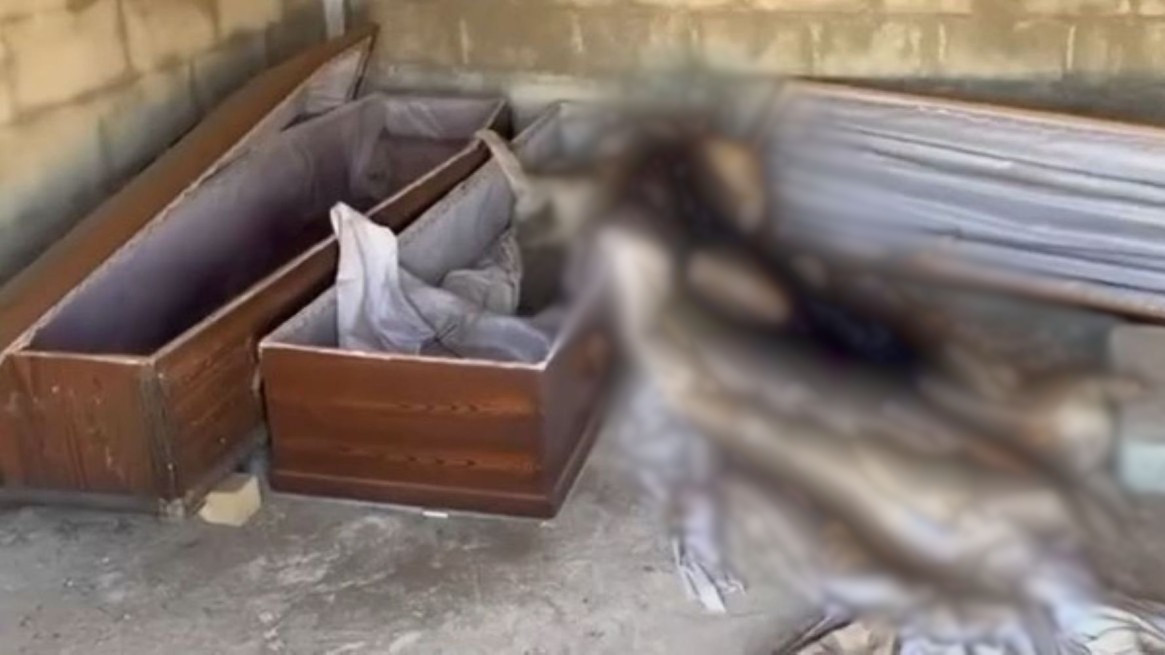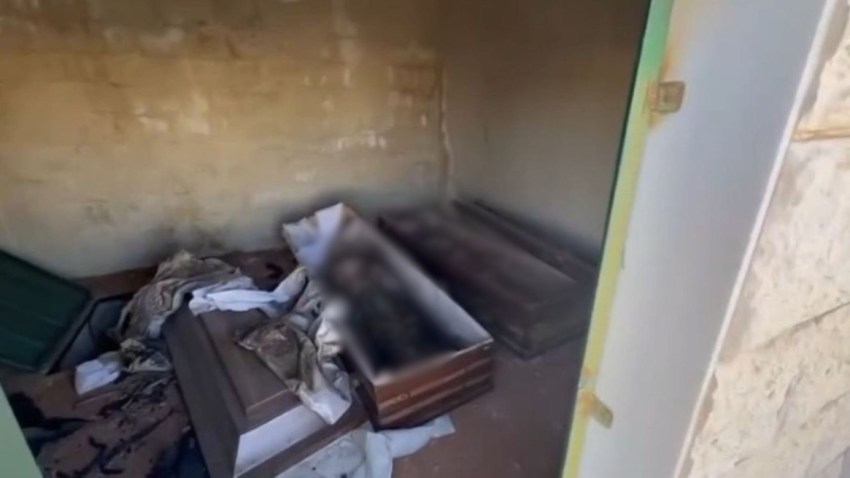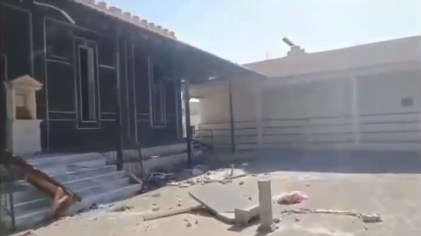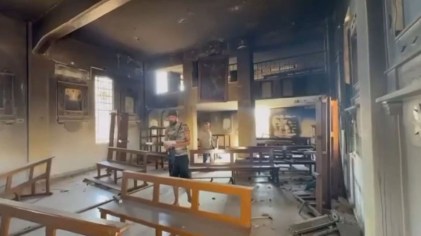AL-SURA AL-KABIRA, Syria — The conflict that has continued in Suwayda, Syria, since 12 July has reshaped daily life into a struggle against fear, shortages, and armed clashes. Its shadow, however, has reached even further — into the resting places of the dead.
In the village of Al-Sura, footage aired by Alhurra revealed desecrated Christian cemeteries. Coffins smashed open, graves exhumed, and bodies left intact but exposed. Locals described the scene as an act of vengeance that refused to spare even the buried.
Father Tony Boutros condemned the desecration, calling it an act of senseless extremism. “What lesson is there in disturbing the dead? They are already gone,” he told the channel. “Attacking the living may aim at expelling them or killing them, but the dead — where would you drive them?”
The Greek (Rûm) Catholic Diocese of Bosra, Hauran, and Jabal al-Arab issued a statement on Thursday, declaring, “This shameful act is not only a flagrant violation of the sanctity of the dead; it is also an assault on the human and religious values embodied in these cemeteries, which hold the remains of generations of the region’s Christian community.”
The diocese denounced the desecration as a deliberate attempt to sow division and unravel social peace, stressing that such acts are foreign to every religion and moral compass. It affirmed that the Christian community of Al-Sura al-Kabira has long been an integral part of local society and urged collective action to safeguard its rights and freedoms.
Read Also: Church torched in southern Syria as violence spreads to rural villages
Calling for unity in these difficult times, the diocese urged respect for religious and human diversity and a renewed culture of peace and coexistence. It insisted that such violence represents only a small, misguided faction and cannot fracture the nation’s deeper social fabric.
The statement concluded with an appeal to all Syrians to denounce the crime, resist attempts to weaken communal bonds and ensure justice by holding the perpetrators accountable. “Such acts will only make us stronger, more united, and more determined to resist efforts to plant division among us,” it declared.
For many, Suwayda remains an open wound in a country exhausted by endless war. Yet within that wound lies testimony to resilience: the desecrated graves and bodies stripped of dignity now stand as stark reminders of humanity’s cruelty when conscience is silenced. But the dead of Al-Sura continue to tell the living a different story — the story of a land that refuses to fracture, of a mountain that shelters its children no matter how fierce the storm. Even in ruin, dignity becomes the last fortress, and hope endures as a flame that cannot be extinguished.



